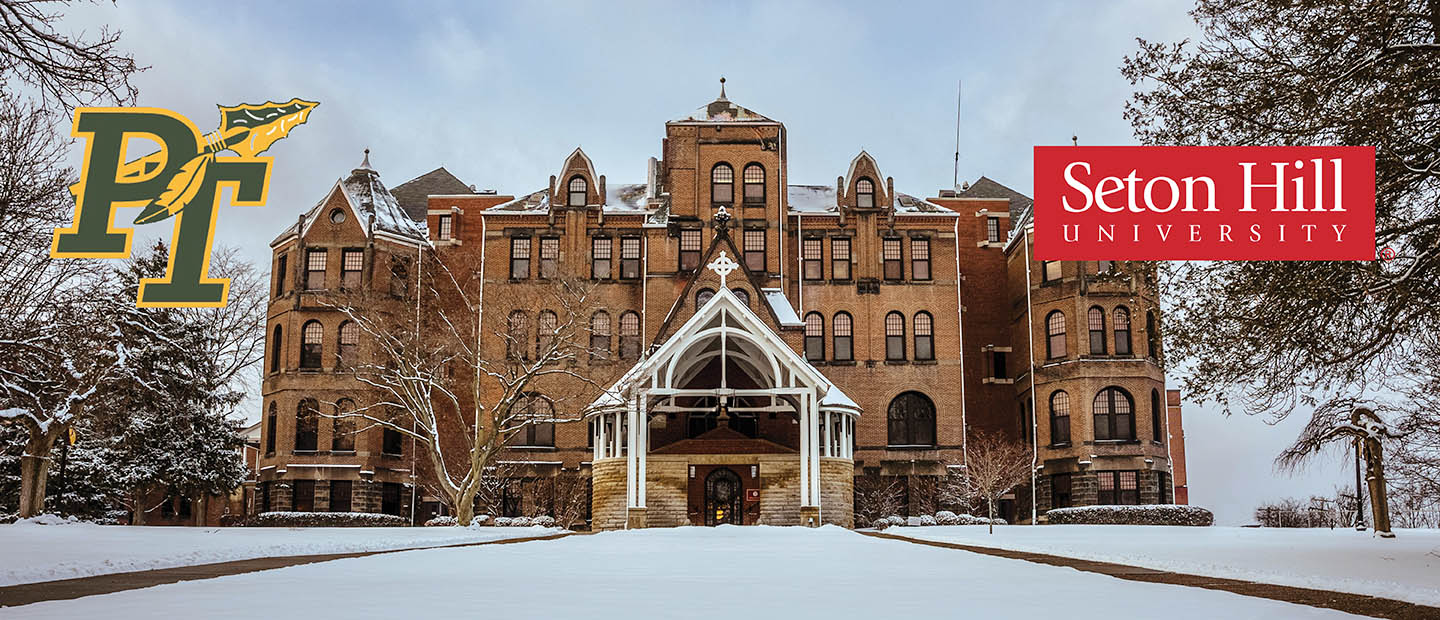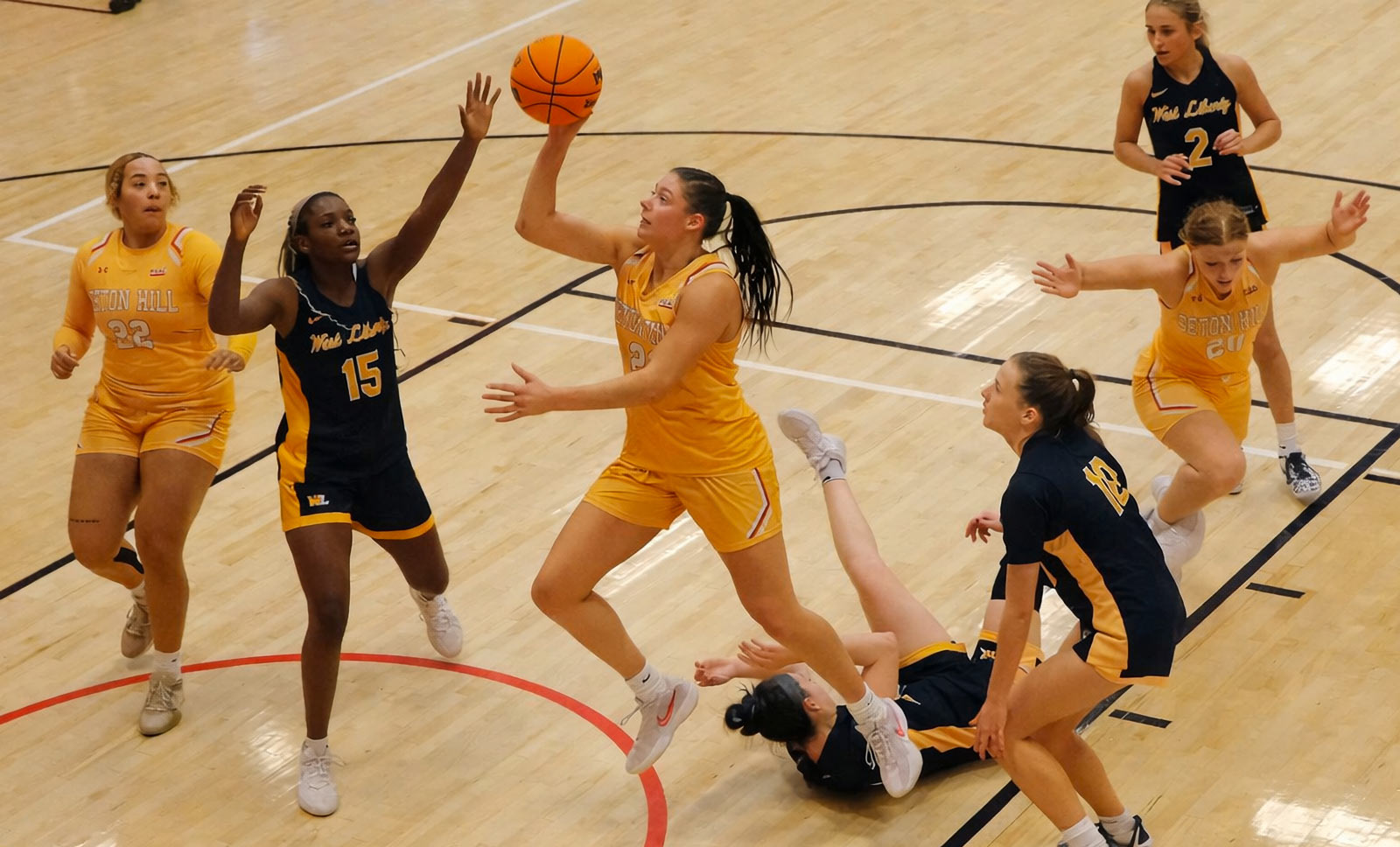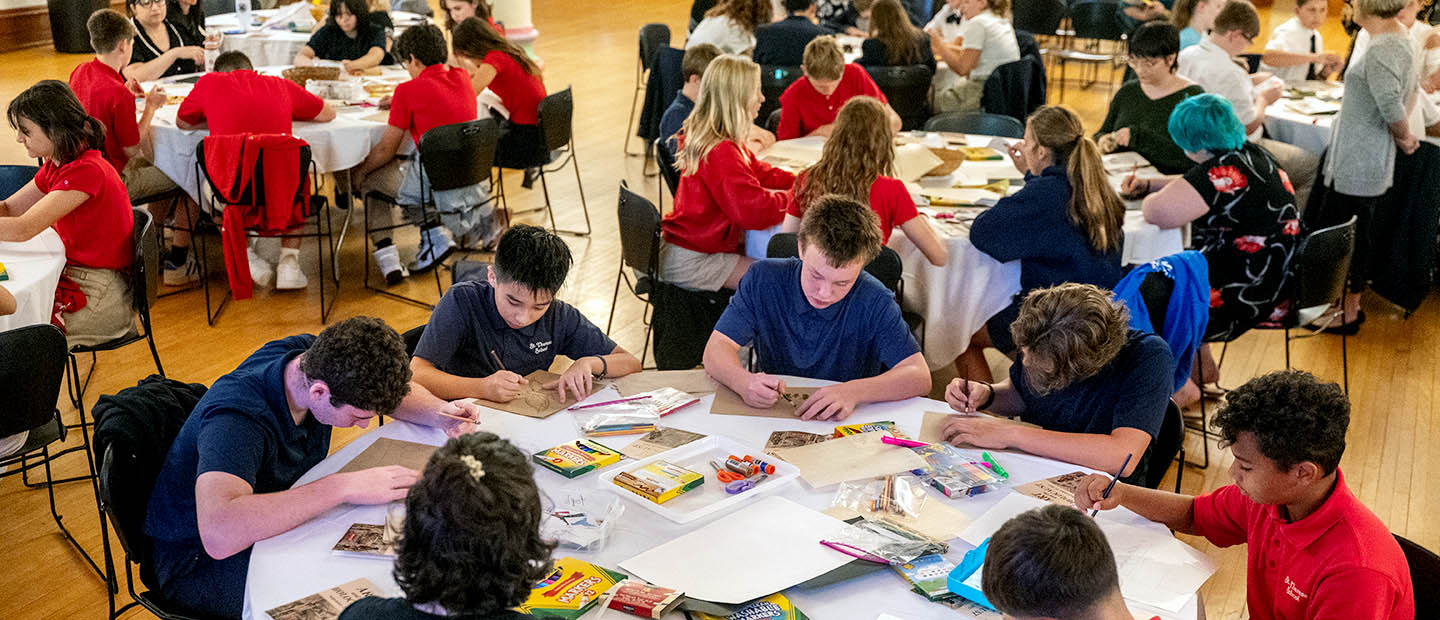Chloe Pohland, One of Seton Hill’s First Nursing Grads, Thrives in Medical Surgical ICU at UPMC Mercy
Chloe Pohland was one of the first students to graduate with a nursing degree from Seton Hill. Now a medical surgical intensive care unit (MSICU) nurse at UPMC Mercy, she recently took the time to answer a few questions about her Seton Hill experience, and her new career.
Why did you choose to study nursing at Seton Hill?
I chose to study nursing at Seton Hill because of the family-like atmosphere. I grew up in a private grade school and loved my professors always knowing my name. I felt the same way at Seton Hill. I knew that I was important to my professors both professionally and personally. This is also partly why I worked so hard. I liked to be accountable to my professors and the hard work they put in for my benefit. I truly thrived with the nursing faculty at Seton Hill. Dr. Kondas (nursing program director) is my favorite.
What clinical experience/s did you have before you graduated?
My clinical experience started my freshman year of nursing school. I was given a job by Dan Wukich, who founded our School of Nursing, at a networking event. They worked with my school schedule well and I enjoyed my time in assisted living facilities thoroughly. I still have a deep love for geriatrics because of that early experience.
My next venture outside of school was a summer internship with UPMC. I applied to be a student nurse extern, and was given a position in the trauma burn intensive care unit at UPMC Mercy. I fell in love with both critical care and UPMC Mercy. After my internship ended, I knew that I wanted to stay at Mercy.
I was hired in the Emergency Department during my last year of nursing school as a patient care technician. Working at a level one trauma hospital in the ER was a dream for me. I briefly considered emergency nursing. I saw so much and learned so much.
Finally, I applied for a job in the MSICU at UPMC Mercy and have been there since. It’s amazing how much only a couple of months make in learning critical thinking. I am so excited to start in the ICU as a new graduate. I know it was the right choice for me.
"I knew that I was important to my professors both professionally and personally."
What do your days look like now as an MSICU nurse?
As an MSICU nurse, every day is vastly different. I’ll tell you how my day is supposed to go if there isn’t an emergency. Conditions change very quickly in the ICU. Patients can become unstable quickly, and nursing is all about prioritizing and reassessing goals.
A normal day starts with getting a report from the night shift and meeting my patients. I assess my patients and look in their charts to see what our plans are for the day. The physicians and multidisciplinary team round with the nurses, discussing multisystem care for every patient. The nurse has this opportunity to advocate for the patients. (One of the attendings actually complimented me this morning for advocating so well for my patient yesterday. Nurses really do make the difference!)
We work closely with the physicians in the ICU and they are wonderful colleagues. After rounds, we know more about how our day will look. Are we trending labs? Are we going for diagnostic tests? Are we having family meetings? Are we providing comfort care in an end of life situation? We work really well as a team here at UPMC Mercy’s MSICU.
I’ve had physicians, respiratory therapists, patient care technicians, and other nurses go out of their way to help me and my patients. I work in a wonderful environment.
The shift ends how it starts: give a report to the night shift and then go home for 12 hours, eat, sleep and repeat. There is nothing more gratifying than seeing some of the sickest patients leave the ICU in much better health. There is also nothing more special than providing end of life care and providing that dignity that each person deserves.
Are there specific skills or knowledge gained at Seton Hill that you use in your current position?
I owe everything I know to Mrs. Tara Phillips (assistant professor of nursing) at Seton Hill. She taught me everything I use on a daily basis. A lot of nursing is instinctual. But, reading arterial blood gasses and understanding diabetic ketoacidosis: my hat is off to Mrs. Phillips.
I recommend that nursing students always ask questions. I believe you must ask questions to understand what you are doing.
I think people skills are also very important. You have to be able to talk to anyone when you are a nurse. You are with people for the worst moments of their lives, and also with them while they are getting better. It’s important to be able to make the patients feel at ease and comfortable.
What would you tell a high school student who is thinking about coming to Seton Hill to study nursing?
I would tell them that Seton Hill’s nursing program is a wonderful place to be. I learned so much and am so grateful for my time there. I would do it again. I would also tell a high school student who is thinking about Seton Hill University that they need to be comfortable going to a smaller school.
I feel prepared for my job and that’s something I never thought would happen. Nursing isn’t about knowing everything, it’s about being able to understand what you don’t know and find the answers and resources you need.
Photo above: Chloe Pohland, left, with friend and fellow classmate Alani DiLonardo.
Read more about the first class of nursing graduates with this story about Chloe's classmate, Alexander Salai, and his nursing career.



